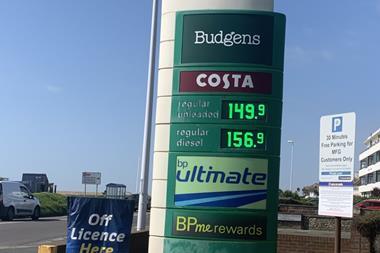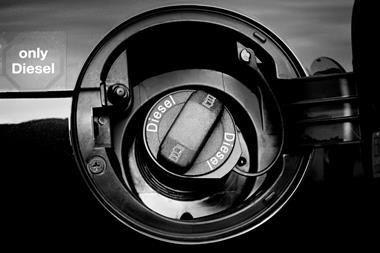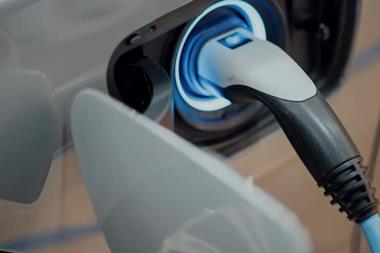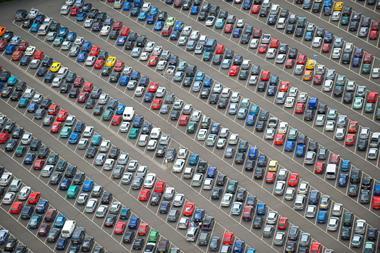The PRA has warned that the price differential between diesel and petrol is set to increase and urged the chancellor not to penalise diesel drivers with higher duty levels in November’s Budget.
PRA chairman Brian Madderson said: “The PRA warns that the outlook for UK pump prices remains uncertain with changes to crude oil prices and exchange rates hard to predict, but it does look as though diesel will continue ahead of petrol.
“Some forecasts suggest the ‘demonisation’ of diesel will inevitably reduce demand in the mid-term, but to create an even greater differential by increasing diesel duty further in November’s budget would have damaging consequences for the economy, in particular by raising the cost of transporting goods by van and truck.”
Reviewing recent changes in the market, he explained: “Much of the sharp upswing in the UK wholesale cost of petrol, caused by a big surge of global prices in the immediate aftermath of hurricane Harvey, was absorbed by retailers, such that average pump prices rose by just over 2.0ppl.
He said the US refining industry is recovering relatively quickly so it is less reliant on petrol imports from Europe with the welcome outcome that European/UK prices fall. Conversely though, the US is currently not exporting much diesel to Europe so diesel prices are hardening especially as the winter heating oil market in Europe starts to build.
Another factor with petrol is that the specification in Europe/UK shifts from Summer to Winter grade through September in the Platts wholesale price assessments.
Andy Bonnington, an editorial director for Platts, suggested to PRA that for refiners, winter grade petrol (with a higher reid vapor pressure) is substantially cheaper to make – so again, petrol prices will fall relative to diesel.
The market and prices for crude oil has been tightening with Brent creeping close to $60 per barrel earlier this week, but the impact has been lessened by the near 5% strengthening of sterling versus the dollar since the summer.






























No comments yet